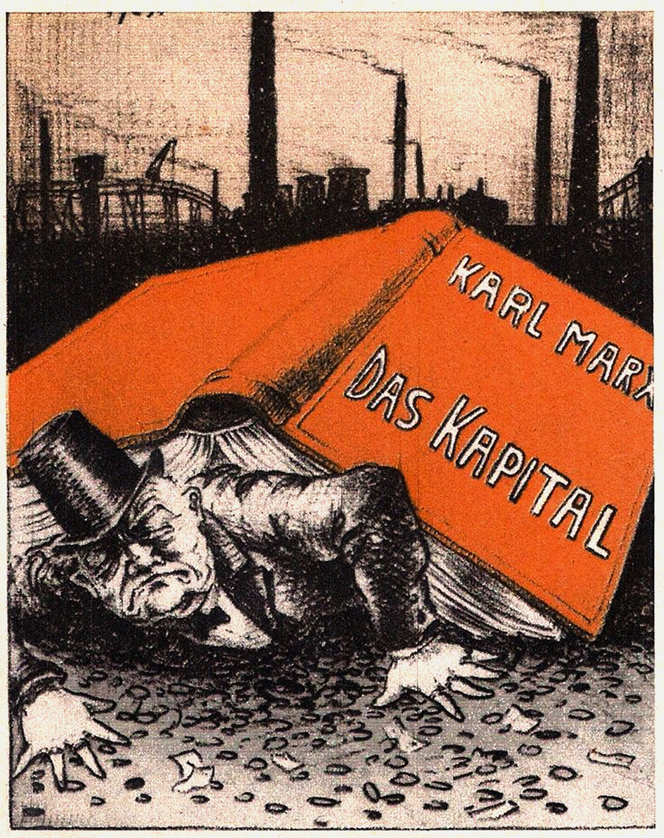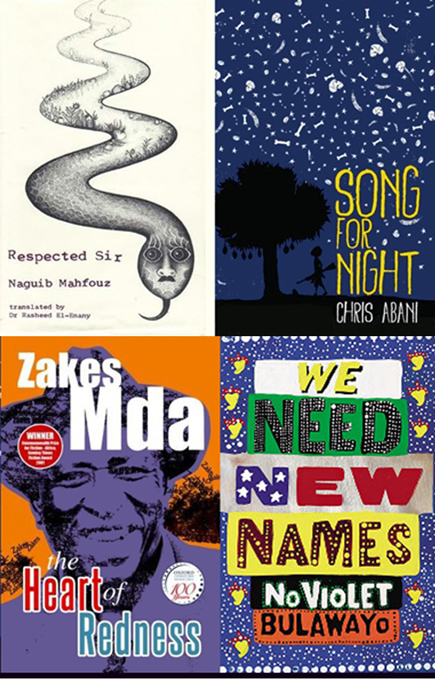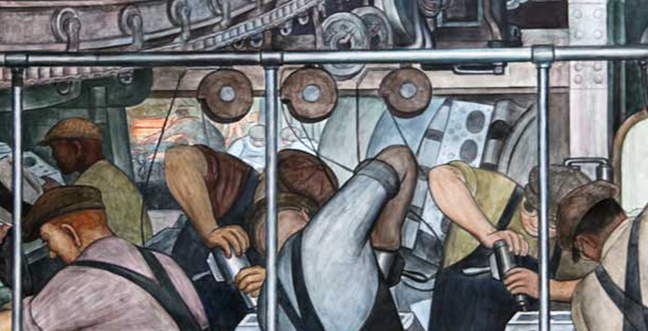Introduction to Marxism for Women Only
We’ll explore some key concepts about human beings, society and history, and our relationship to the rest of nature. Readings will be short and accessible excerpts from writings by Marx and Engels or later Marxists. In a continuing attempt to increase access for those who have been historically excluded, turned off or silenced by the way this theory is often taught and discussed, we are offering this intro class for women only. Everyone who identifies as a woman is welcome.







